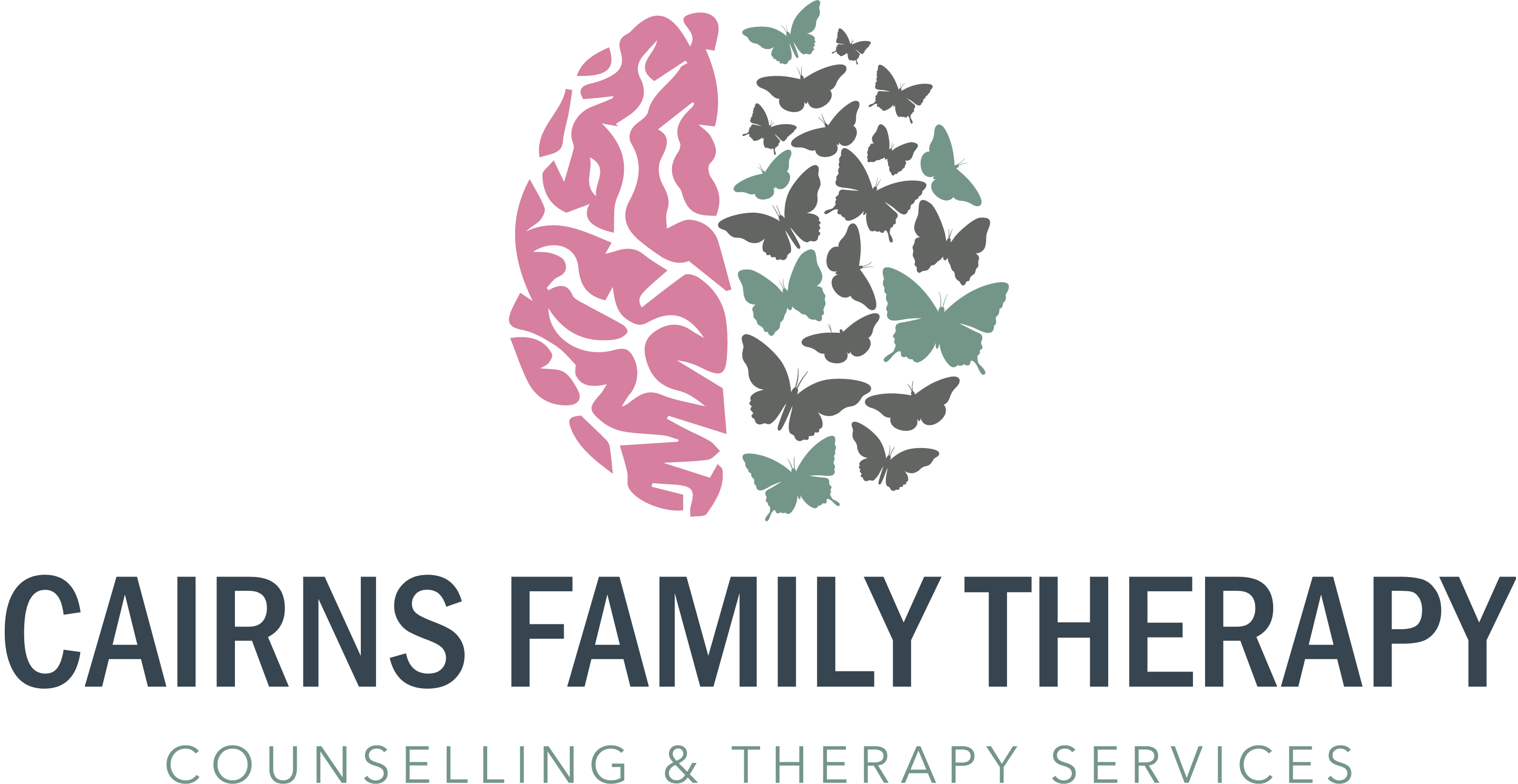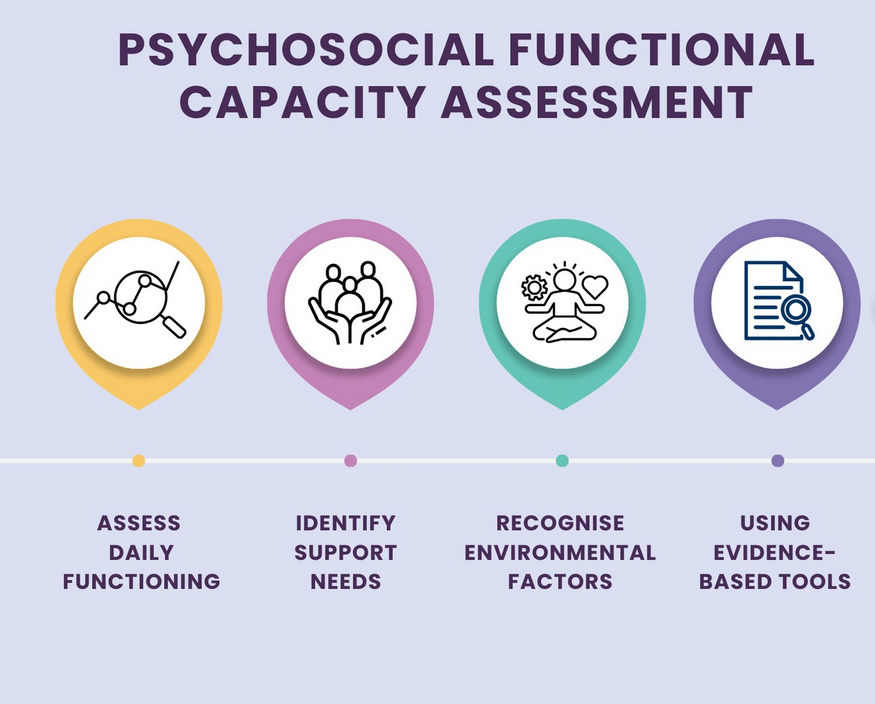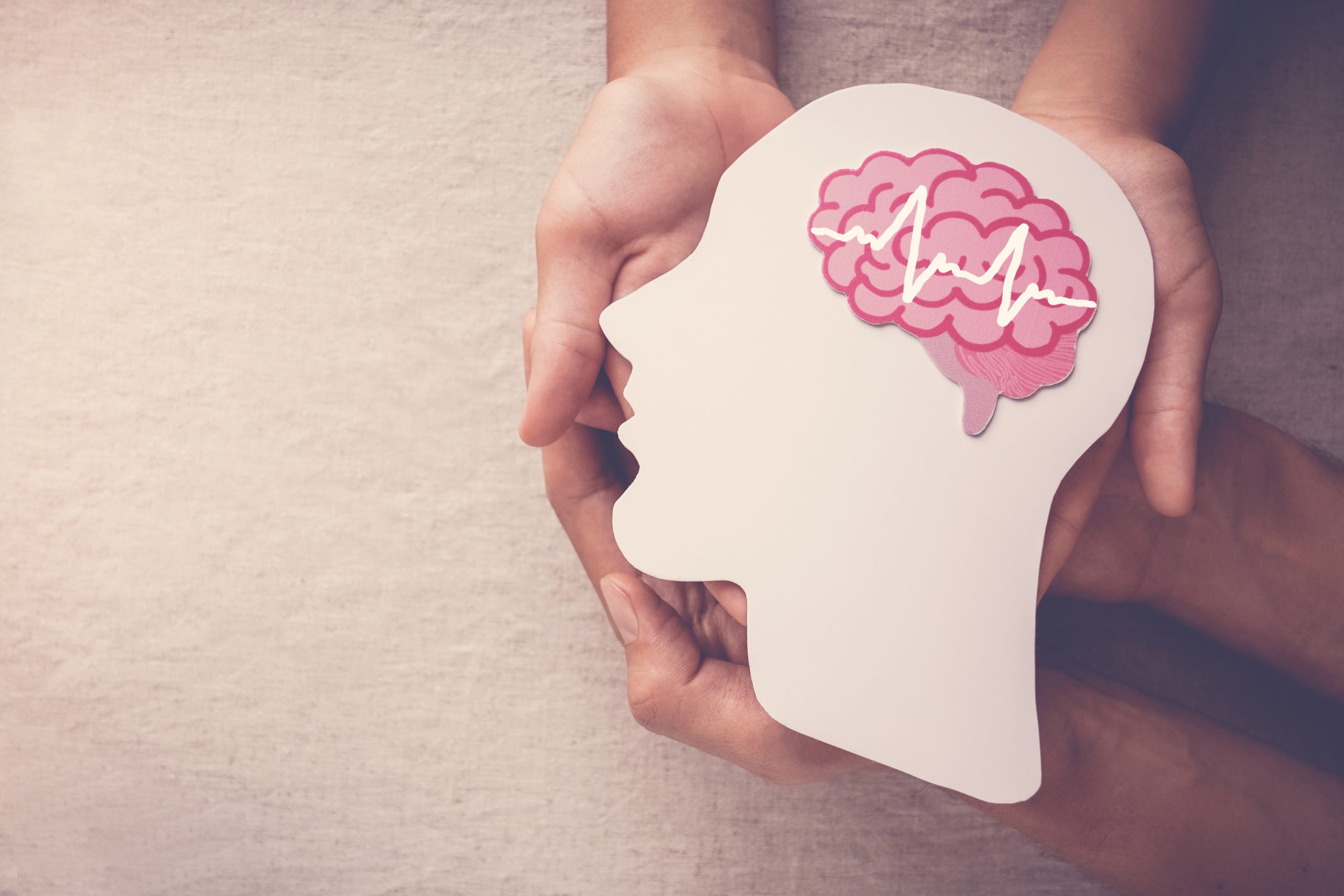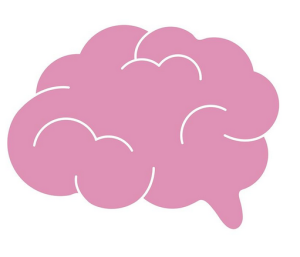How therapy can help with Autism
If you or someone you love has been diagnosed with Autism Spectrum Disorder (ASD), you may wonder what kind of treatments are available and how they can help. ASD is a developmental disorder that affects how people communicate, interact, and behave. It can cause challenges in social skills, language, learning, and self-regulation. However, it can also bring unique strengths, such as creativity, attention to detail, and loyalty.
There is no one-size-fits-all therapy for ASD, but there are many options that can address the specific needs and goals of each individual. Some of the most common types of therapy for ASD are:
– Behaviour Support : behaviour support is a scientific approach that uses positive reinforcement to teach new skills and reduce challenging behaviors. Behaviour Support can help with communication, social skills, daily living skills, academic skills, and more.
– Social Skills Training: Social skills training can help people with ASD learn how to interact with others in appropriate and meaningful ways. Social skills training can cover topics such as eye contact, body language, facial expressions, greetings, conversations, turn-taking, sharing, empathy, and friendship. Social skills training can be done individually or in groups, with peers or adults.
– Cognitive Behavioral Therapy (CBT): CBT is a type of psychotherapy that can help people with ASD cope with negative emotions and thoughts that may interfere with their functioning and well-being. CBT can teach people how to identify and challenge distorted or irrational beliefs, replace them with more realistic and positive ones, and use coping skills to manage stress, anxiety, anger, depression, and other issues.
– Emotion Coaching: Emotion Coaching therapy can help people with ASD improve their verbal and nonverbal communication skills. Recognising emotions and being able to articulate them, is important for wellbeing. Communication and understanding comes with empathy.
These are just some of the examples of therapy that can help people with ASD improve their quality of life and achieve their potential. Therapy can be tailored to the age, level of functioning, interests, and preferences of each person. Therapy can also involve family members and caregivers who can provide support and guidance.
If you are interested in finding out more about therapy for ASD, please get in touch with us.
Remember that therapy is not a cure for ASD, but a way to enhance strengths and overcome challenges. Therapy can help celebrate uniqueness and embrace diversity!
Counselling for parents of caregivers
Counselling for parents or caregivers of children or adults with Autism is very important. Learning about the condition and ways to work with the challenges increases confidence and self-esteem.







